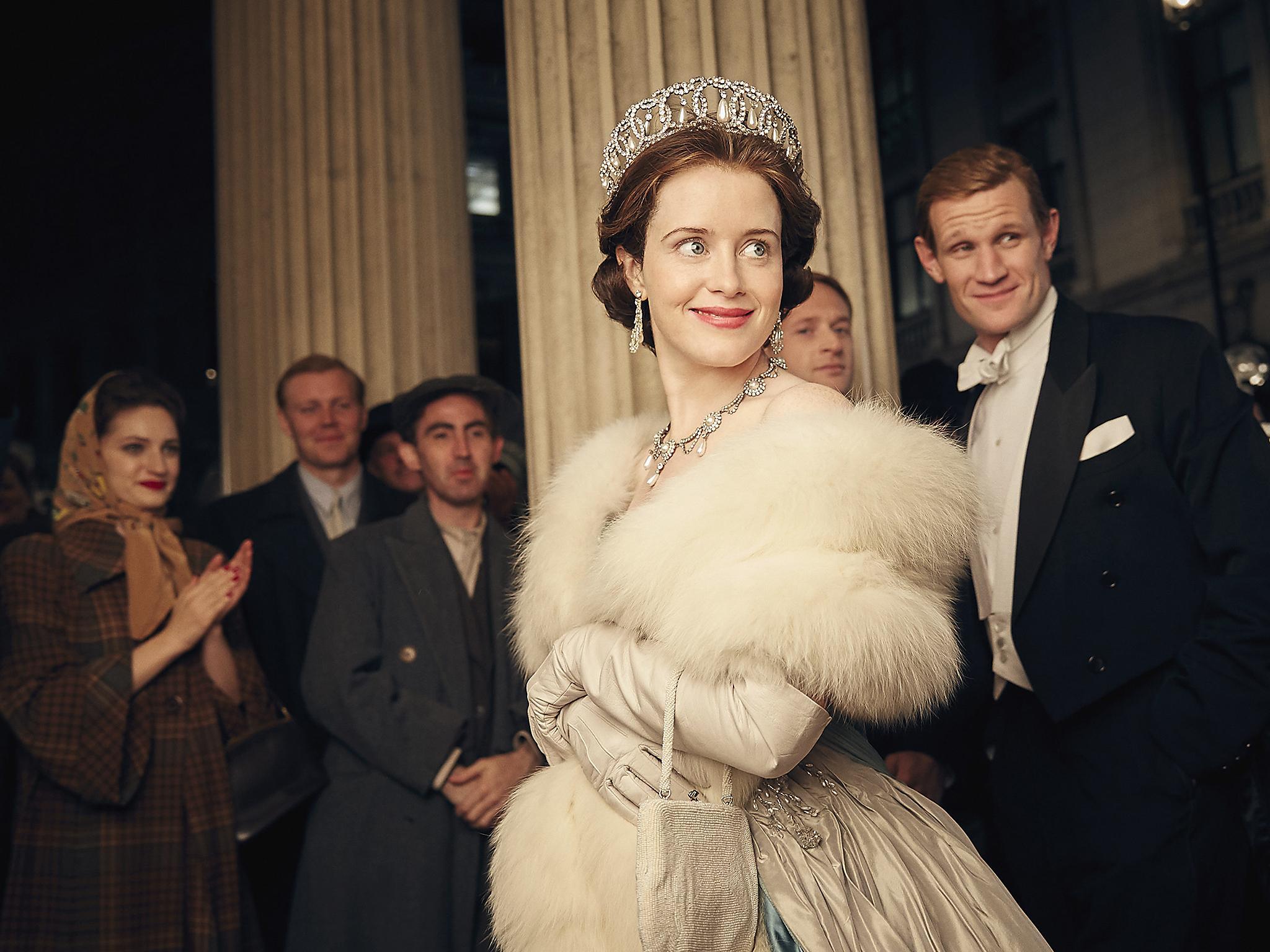Why did Netflix do badly at the Baftas? The old men in suits are scared of its success
Banning erudite, cerebral content from the Palme D’or or the Baftas over a pernickety technicality wrapped in prejudice and fear for the future doesn’t make an institution greater. It in fact pitches it into irrelevance


Your support helps us to tell the story
From reproductive rights to climate change to Big Tech, The Independent is on the ground when the story is developing. Whether it's investigating the financials of Elon Musk's pro-Trump PAC or producing our latest documentary, 'The A Word', which shines a light on the American women fighting for reproductive rights, we know how important it is to parse out the facts from the messaging.
At such a critical moment in US history, we need reporters on the ground. Your donation allows us to keep sending journalists to speak to both sides of the story.
The Independent is trusted by Americans across the entire political spectrum. And unlike many other quality news outlets, we choose not to lock Americans out of our reporting and analysis with paywalls. We believe quality journalism should be available to everyone, paid for by those who can afford it.
Your support makes all the difference.Netflix was snubbed at this Sunday’s Bafta ceremony.
No, really. I’m aware “snubbed” has lost some impact in the current media landscape. “Kate Middleton snubs Kim Kardashian,” one tends to read, only to learn that two women in different time zones have barely troubled each other’s consciousness. But, no, there’s real meat and bones to the Netflix snub. The Crown, the streaming platform’s pièce de résistance starring Claire Foy and Matt Smith, failed to win any of its five Bafta nominations. This, despite the lavish royal saga being Netflix’s big breakthrough hit of 2016.
The Crown is Downton Abbey on performance-enhancing drugs. It won two Golden Globes in January and is rumoured to be in planning for another three series. It’s the show you can watch with your nan or plan a girls’ night in around. It’s the period drama that passes the couples test. It was last year’s go-to “binge watch” for solo viewers lying horizontally beneath duvets, peering at laptops and phones.
But at Bafta, during those arduous judging sessions held around oval tables with trays of sandwiches, none of The Crown’s buzz and bravado – there’s a blow-job joke between Phil and Liz in episode seven, for crying out loud – added up to a trophy of its own.
First, the captivating Claire Foy was beaten for the Leading Actress prize by Sarah Lancashire in BBC1’s Happy Valley. There is nothing happy about Happy Valley. The show should be called “Bloody Depressing Crevice”. Later in the evening, The Crown was beaten in the Supporting Actor category by BBC1’s beautifully shot, mercifully brief gibberish The Night Manager.
While Netflix in 2017 is more than capable of taking on the big boys in writing, casting and production, there’s clearly something about this very modern manner of viewing which leaves many experts cold. Interestingly, winning shows on Sunday – BBC’s Fleabag and People Just Do Nothing – both began their journey as streaming-only series on BBC iPlayer. It was after both shows transferred to BBC2 that they were deemed Bafta-credible.
Perhaps the Netflix route to respectability will be slow. It’s certainly true that The Crown and other successes like Stranger Things, Love, Better Call Saul or Grace and Frankie connect with their audiences in a bold, alarming, unchartered way. They gain momentum principally via social media. Any sense of measuring buzz is spurious. Its viewing figures remain enigmatic, leaking occasionally, peppered by largesse, like the reported announcement last month that the platform has 100 million subscribers.
Earlier this year, Netflix co-founder Reed Hastings revealed the company has spent more than $1.75bn on European-made productions in the past five years, and that it is currently working on 90 original productions. Rivals might argue here: “Well, that shows – have you seen the state of some of it?”
For the ardent viewer – and I am one – there is certainly a sense with Netflix commissioning that it’s flinging televisual mud at a wall, in a hope that something sticks. Amazon Prime has a similar “pile ’em high, sell ’em cheap” feel at times. But when things do go right, these streaming platforms have freedom and spending clout to make diverse, peculiar, important drama. Shows like Master of None, Transparent, American Gods and I Love Dick are profound and innovative. It’s a shame so many influential people feel this isn’t “proper telly”.
Or “proper film” either, it seems. Because, during this peculiar week for Netflix, it has also been informed that from 2018 onwards streaming-only films are banned from the Cannes Film Festival’s prestigious Palme D’or. This follows the Federation of French Cinemas taking umbrage with Noah Baumbach’s drama The Meyerowitz Stories, which stars Dustin Hoffman, and Okja, Bong Joon-ho’s fantasy epic starring Tilda Swinton. Neither of these films are scheduled to play on big screens in France and therefore shouldn’t, the federation feels, be listed alongside proper films such as, one supposes, The Fate of The Furious, eighth in The Fast and The Furious franchise, where Vin Diesel and Dwayne Johnson wear leather waistcoats without shirts and stand around scowling in clouds of exhaust fumes.
Cannes has now changed the rules to prevent straight-to-streaming films from competing. But like many things the French do in a bid to retain standards, this feels like a backwards step.
Banning erudite, cerebral content from the Palme D’or over a pernickety technicality wrapped in prejudice and fear for the future doesn’t make an institution greater. It in fact pitches it into irrelevance.
When we refuse to give gongs to Netflix, we refuse to honour the intelligence of 100 million consumers. And yes, OK, some of them didn’t get dressed from Friday until Monday, and some watched a whole season of Thirteen Reasons Why with a laptop perched on their stomach. But this is how things are now, Grandpa. This is the bright, new, horizontal, binge-watching future.
Join our commenting forum
Join thought-provoking conversations, follow other Independent readers and see their replies
Comments